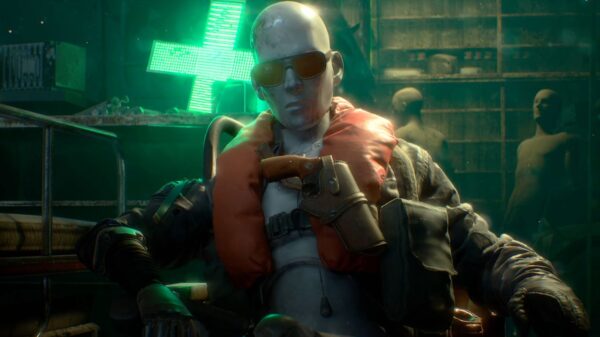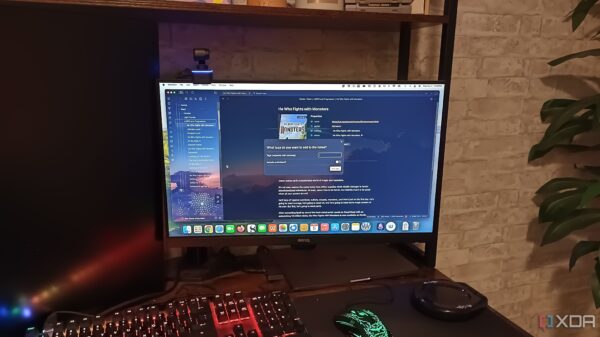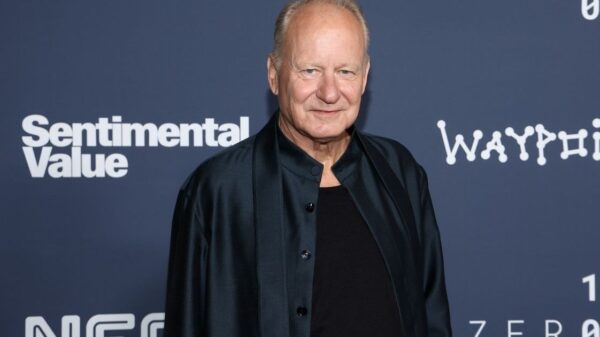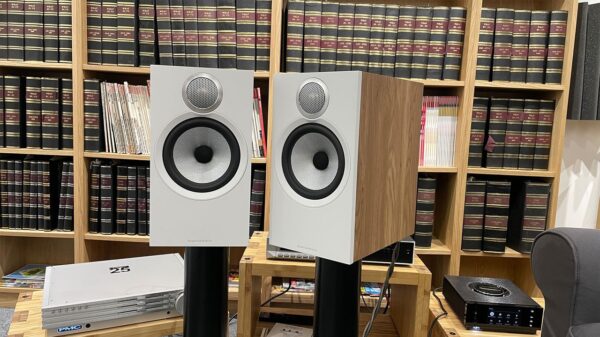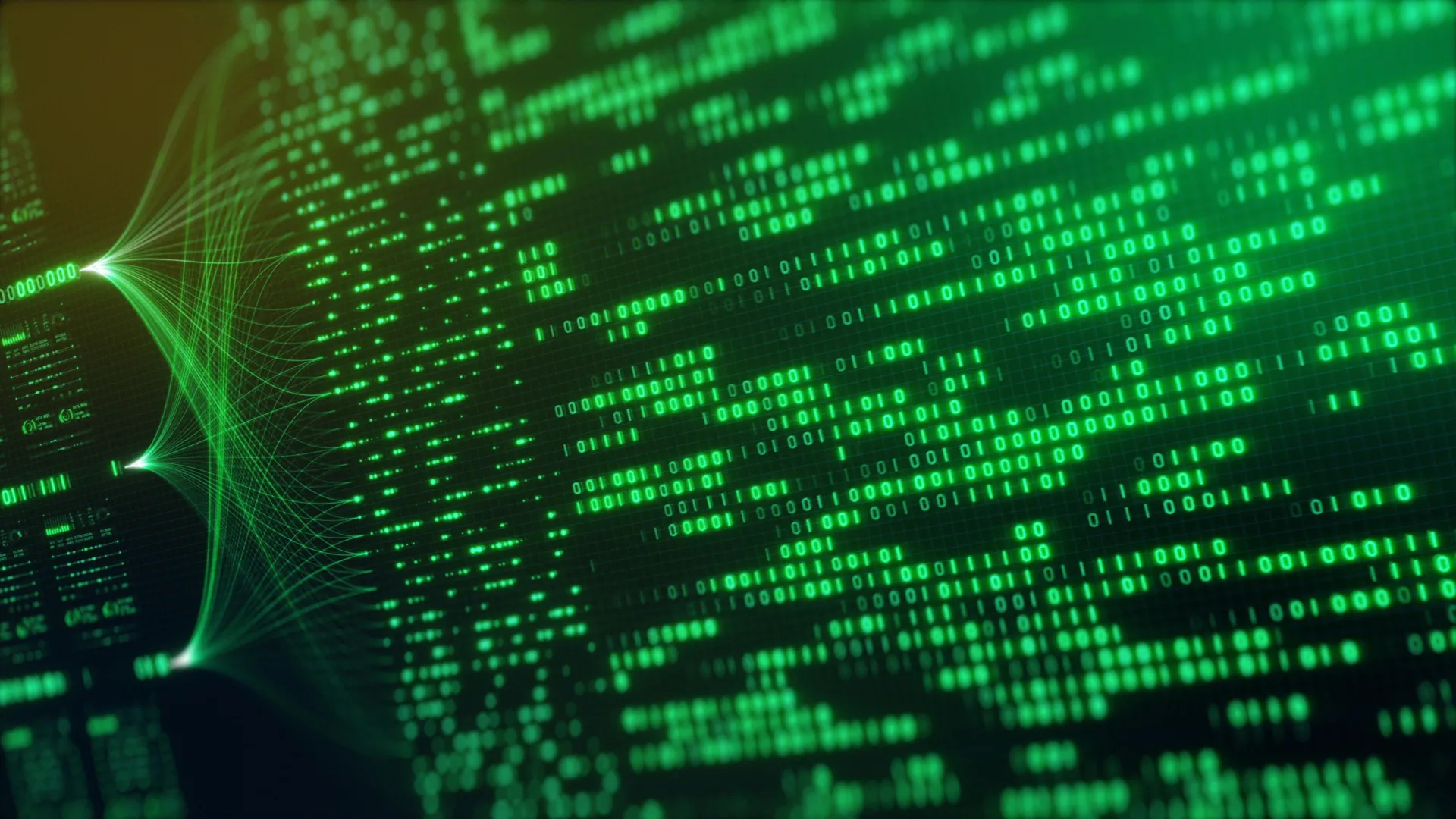New research from the University of British Columbia Okanagan has mathematically demonstrated that the universe cannot be a simulation. Utilizing Gödel’s incompleteness theorem, physicists found that reality necessitates a “non-algorithmic understanding,” which no computational system can replicate. This pivotal discovery challenges the simulation hypothesis, suggesting that the fundamental nature of the universe transcends any algorithmic framework.
The study, led by Dr. Mir Faizal, an Adjunct Professor at UBC Okanagan’s Irving K. Barber Faculty of Science, alongside colleagues Dr. Lawrence M. Krauss, Dr. Arshid Shabir, and Dr. Francesco Marino, was published in the Journal of Holography Applications in Physics on November 10, 2025. Their findings not only contest the notion of a simulated universe, akin to concepts seen in films like *The Matrix*, but also reveal that the cosmos operates on principles beyond computational reach.
The Mathematical Foundations of Reality
The idea that our universe could be a product of simulation has long captivated both scientists and philosophers. Dr. Faizal explained, “It has been suggested that the universe could be simulated. If such a simulation were possible, the simulated universe could itself give rise to life, which in turn might create its own simulation.” This recursive idea raises questions about the originality of our universe.
The authors argue that the foundations of reality have evolved significantly from classical physics, moving from Isaac Newton‘s solid objects through space to Albert Einstein‘s theory of relativity and now to the realm of quantum gravity. Here, even the concepts of space and time emerge from a deeper, informational layer, described as a “Platonic realm.”
Gödel’s Incompleteness and Non-Algorithmic Understanding
According to the research, this informational basis cannot be completely captured through computation. By applying advanced mathematical principles, including Gödel’s incompleteness theorem, the team proved that any consistent and complete model of the universe necessitates what they term “non-algorithmic understanding.”
To illustrate this concept, Dr. Faizal noted that a typical computer operates by following a defined set of instructions. However, there are truths within reality that cannot be derived from logical operations alone—these are the “Gödelian truths.” As an example, he cited the statement, “This true statement is not provable.” If it were provable, it would lead to a contradiction. Thus, computation falters in addressing all aspects of physical reality.
“We have demonstrated that it is impossible to describe all aspects of physical reality using a computational theory of quantum gravity,” Dr. Faizal stated. “Therefore, no physically complete and consistent theory of everything can be derived from computation alone.”
The researchers further clarified that the underlying rules of their Platonic realm, while resembling those of a computer simulation, cannot themselves be simulated. “Drawing on mathematical theorems related to incompleteness and indefinability, we demonstrate that a fully consistent and complete description of reality cannot be achieved through computation alone,” Dr. Faizal explained.
Implications for Physics and Understanding Reality
The implications of this research stretch far into the core of physics itself. Dr. Krauss remarked, “The fundamental laws of physics cannot be contained within space and time, because they generate them.” He added that the hope for a comprehensive theory of everything that could describe all physical phenomena through computational means has been challenged. Their findings assert that a complete and consistent description of reality requires an understanding that goes beyond algorithmic computation.
In conclusion, Dr. Faizal emphasized that “any simulation is inherently algorithmic—it must follow programmed rules. But since the fundamental level of reality is based on non-algorithmic understanding, the universe cannot be, and could never be, a simulation.”
This research anchors the simulation hypothesis firmly within mathematical and physical theory, potentially providing a definitive answer to one of science’s most thought-provoking questions.



